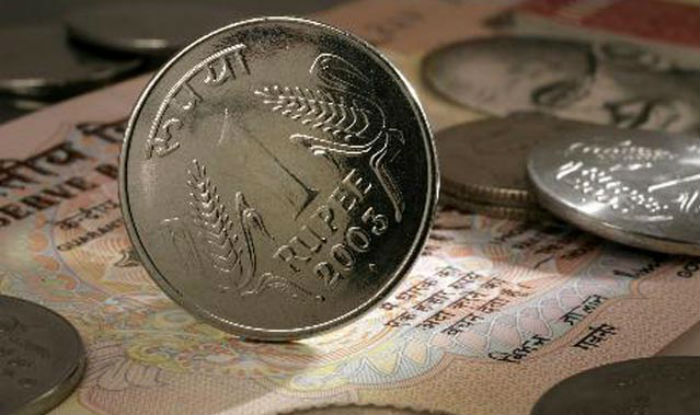New Delhi: India needs to prepare for “greater uncertainty” in terms of the consumer as well as the investor sentiments in the second wave of the coronavirus pandemic that has grappled the country with spiralling deaths and infections, Niti Aayog Vice Chairman Rajiv Kumar said on Sunday. The government will respond with fiscal measures as and when required, he said.
Acknowledging that the present situation, the NITI Aayog Vice Chairman said the crisis has become far more difficult than it was last year but remained hopeful that the country’s economy will grow 11 per cent in the current fiscal ending March 31, 2022.
The country’s economy is projected to contract by 8 per cent in 2020-21, as per official estimates.
According to Kumar, India was on the verge of defeating COVID-19 completely but some new strains from the UK and other countries have made the situation far more difficult this time around.
“Apart from their direct impact on some sectors like the services sector, the second wave will increase the uncertainty in the economic environment which can have wider indirect effects on economic activities. So, we need to prepare for greater uncertainty, both in consumer and investor sentiments,” Kumar told PTI.
To a query on whether the government is considering coming up with a fresh stimulus in view of the COVID-19 surge, the Niti Aayog vice-chairman said that only after the finance ministry analyses both the direct and indirect impact of the second wave.
“And as you have seen from RBI’s response, the expansionary policy stance has been continued and I am sure the government will respond with necessary fiscal measures also as and when it is necessary,” Kumar said.
Earlier this month, the Reserve Bank left the benchmark interest rate unchanged at 4 per cent but maintained an accommodative stance to boost the economy.
In 2020, the Union government had announced the ‘Aatmanirbhar Bharat’ package to perk up the economy and the overall stimulus was estimated to be worth around Rs 27.1 lakh crore, which was more than 13 per cent of the national GDP.
In its last policy review, the RBI projected a growth of 10.5 per cent for FY’22 while the Economic Survey, tabled in Parliament earlier this year, estimated 11 per cent growth during the year.
With PTI inputs
